Tricks America's super-rich use to pay hardly any tax
Strategies America's elite employ to reduce their tax bills
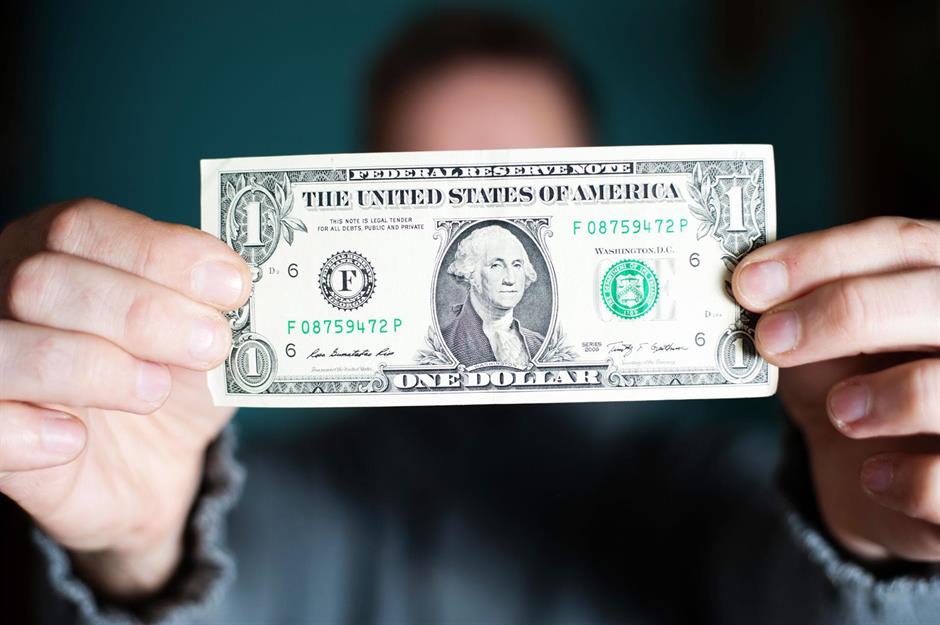
With teams of hotshot accountants at their disposal and plenty of perfectly legal loopholes on their side, America's ultra-wealthy are able to whittle down their contributions to the federal and state coffers drastically, as confirmed by the recent bombshell report by ProPublica based on leaked IRS records. Click or scroll through some of the ingenious tax avoidance, or 'wealth defense', tactics the mega-moneyed use to pay hardly anything.
High earners, low tax

The top federal income tax rate in the US stands at 37%, yet few if any uber-rich people in the country pay anywhere near that rate. In fact, ProPublica found that a slew of billionaires including Warren Buffett, Michael Bloomberg, Elon Musk, and Carl Icahn contributed absolutely nothing in certain years. So exactly how do these 0.01 percenters pull this off?
Having zero or low taxable income
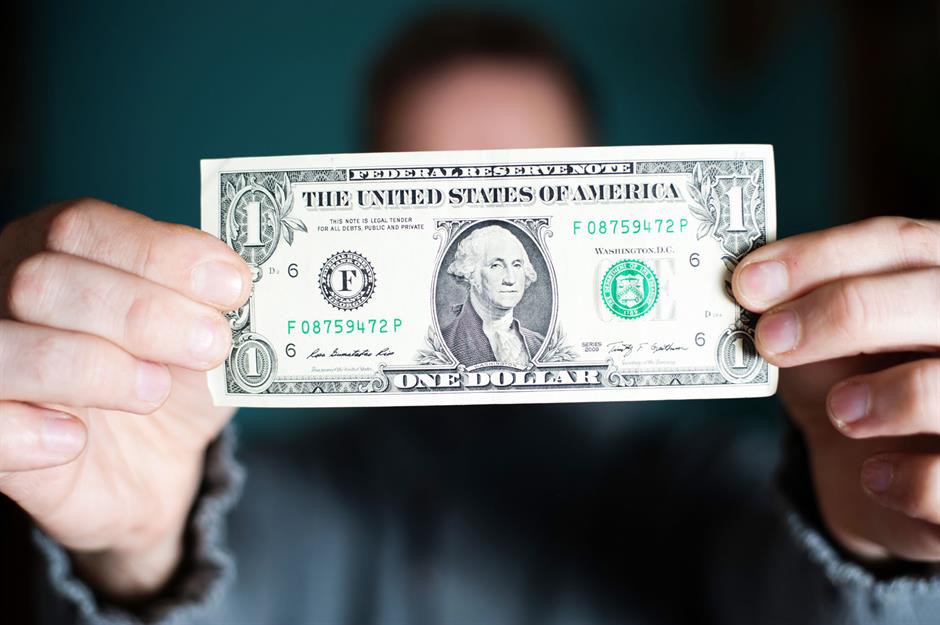
They ensure they have zero or low taxable income. One of the ways this can be achieved is by drawing a paltry peppercorn salary, which also makes for good PR among the public who aren't aware of the real reason behind it. Jeff Bezos, for instance, takes home a salary of just $81,840 a year (as of 2020), while Mark Zuckerberg, Oracle boss Larry Ellison, and Google's Larry Page draw a base wage of just $1 per annum, and Elon Musk 'earns' zilch.
Sponsored Content
Having zero or low taxable income

Other forms of income, which might include interest and dividend payments from investments, can be easily offset with losses and myriad deductions. ProPublica gives the example of Jeff Bezos, who in 2007 managed to pay zero income tax by using these strategies, and was even able to claim a $4,000 tax credit for his kids in 2011 thanks to the way the system is structured.
Using capital gains
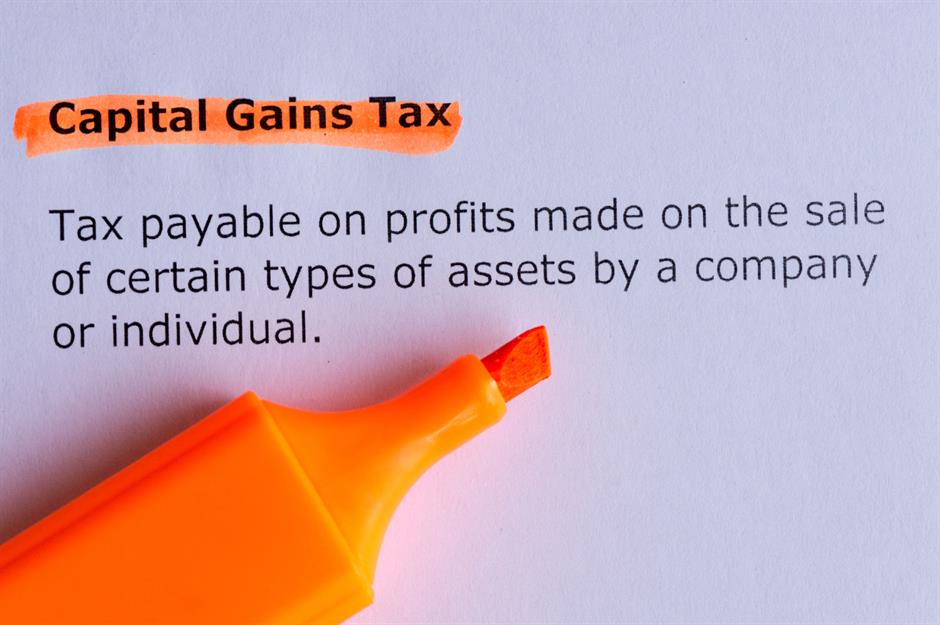
Using capital gains

This is the reasoning behind Warren Buffett's oft-quoted statement that he pays less tax in a relative sense than his secretary Debbie Bosanek (pictured), despite being considerably richer. Incidentally, though he gets away with paying very little, the Berkshire Hathaway boss is a big supporter of raising taxes for the very rich. That said, while capital gains tax is lower than income tax, there are all sorts of ways the extremely wealthy avoid paying capital gains tax altogether, which we'll explore later.
Sponsored Content
1031 exchanges

One way the richest in society avoid paying capital gains tax is by performing what are known as 1031 exchanges. Named after the section in the IRS code that permits their use, these exchanges relate to real estate assets that are held for business or investment purposes only. Capital gains tax can be deferred when the proceeds of the sale of the real estate asset are reinvested within a 45-day period into a similar property, which the tax authorities deem a 'like-kind exchange'. And there's no limit on how many times or how often these exchanges can be carried out.
Equity swaps

Harvesting tax losses

The typical small investor will no doubt be dismayed if stock they have to sell in one or two companies has dropped in value. A billionaire tycoon with a bulging broad portfolio, on the other hand, may very well rub their hands together in glee. But how does a loss mean paying less tax?
Sponsored Content
Harvesting tax losses
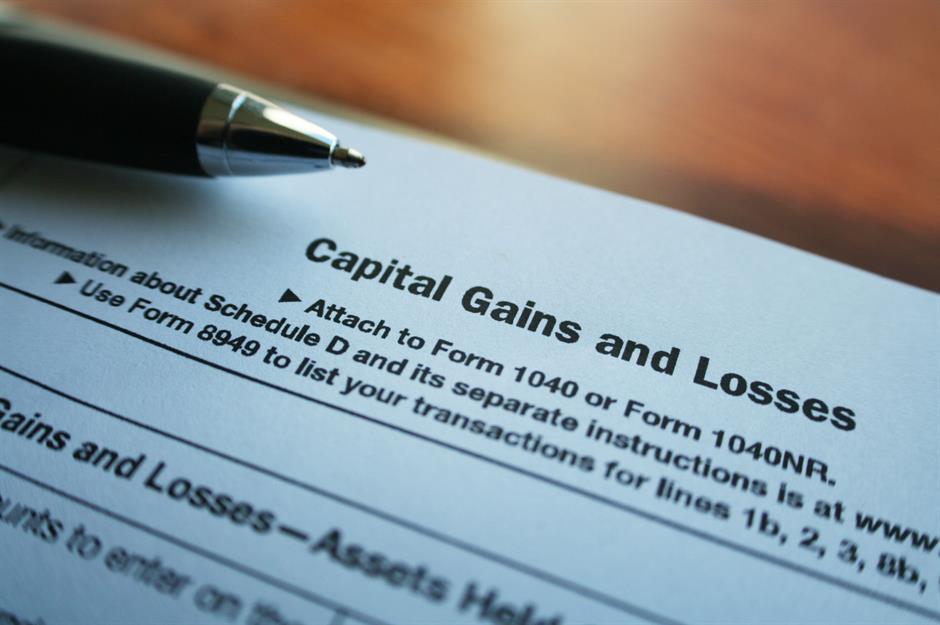
Any losses they make on the stock market can offset any gains they are fortunate to accrue from selling stock and other investments. These capital losses can cancel out any capital gains and therefore help to wipe out capital gains tax at the end of the financial year. But what type of investments are set to benefit, and how?
Harvesting tax losses
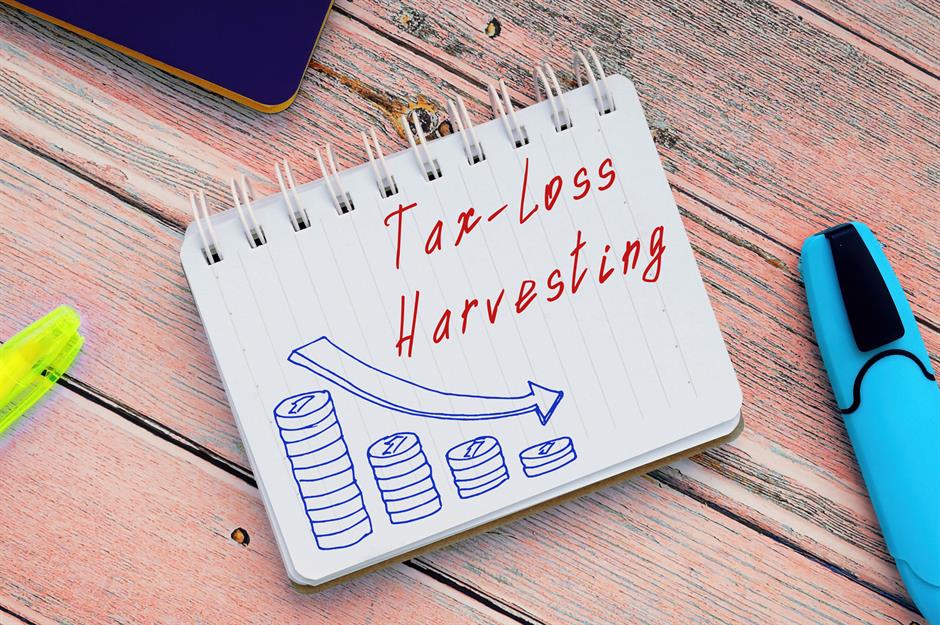
The process is useful for short-term capital gains, which are held for a year or less, and are taxed at regular income tax rates (long-term capital gains have lower tax rates). So, without losses to offset them, short-term capital gains can be taxed at up to 37%, and that's not even factoring in state capital gains tax, which can increase the final rate to upwards of 50% and shows how valuable using losses can be. Tax-loss harvesting, as the trick is called, is also useful for long-term capital gains and enables the individual to offset capital gains from other investments.
Borrowing and offsetting the interest

Sponsored Content
Borrowing and offsetting the interest

Borrowing and offsetting the interest

According to ProPublica, Elon Musk pledged 92 million shares last year to secure loans, while back in 2014 Oracle's Larry Ellison had a credit line backed by around $10 billion of his stock. What's more, any interest paid on these loans can be used to offset a final tax bill, making this option an all-round win-win.
Claiming every allowable deduction
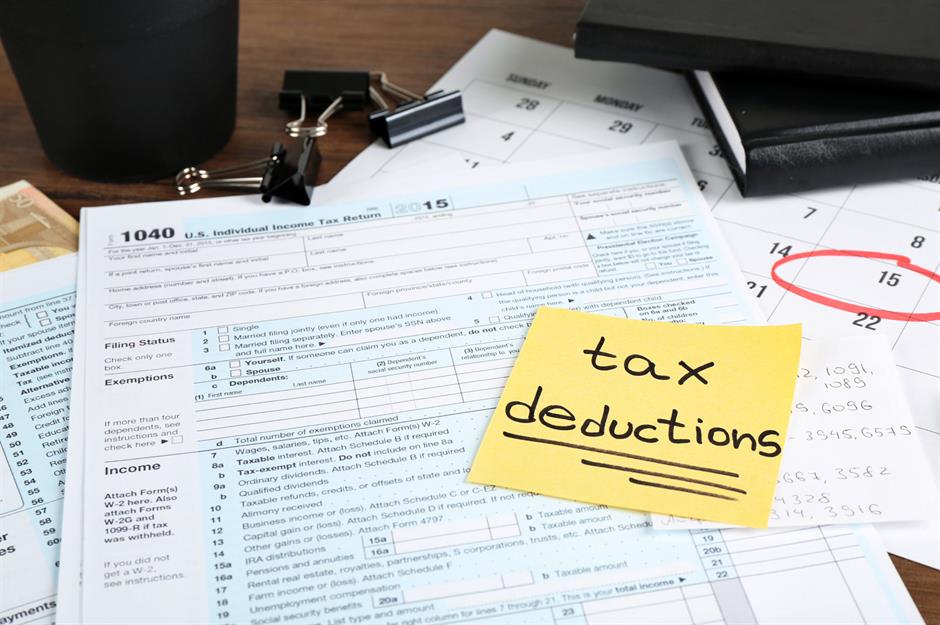
Sponsored Content
Claiming every allowable deduction
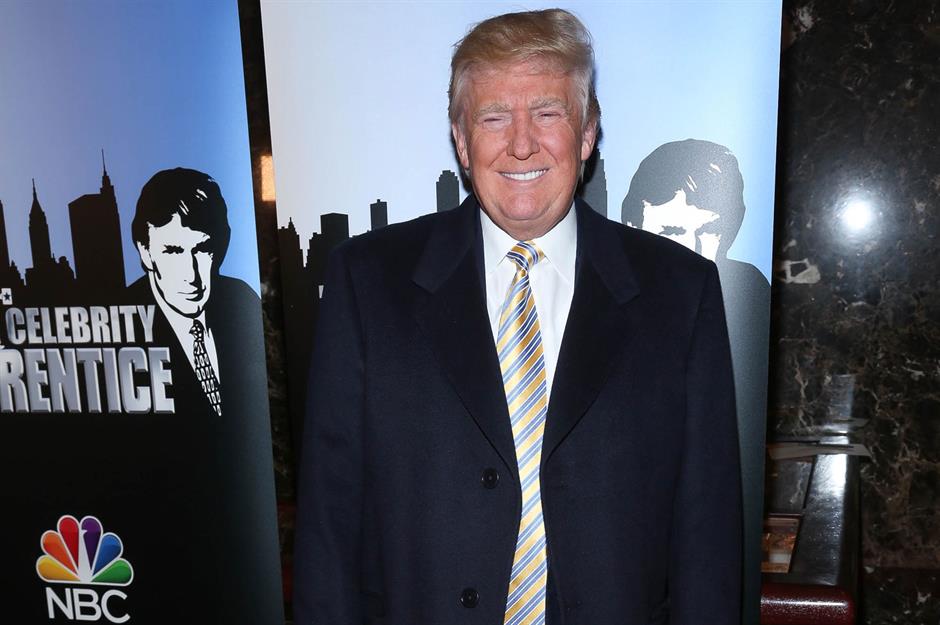
Like many of his fellow billionaires, Donald Trump has no qualms about making eye-opening expenses claims in order to reduce his tax liabilities. For instance, while working his reality show The Apprentice pre-presidency, the real estate mogul put in claims for hairstyling expenses that amounted to a hair-raising $70,000.
Claiming every allowable deduction

Another shrewd trick the mega-wealthy use to offset taxes is to buy a sports team. This tactic has been dubbed the 'Everlasting Tax Shelter' by campaigning organization Inequality.org. A major basketball or football team can be a goldmine when it comes to tax deductions because the owner is allowed to claim income tax breaks of around 90% of the cost over 15 years, regardless of whether the value of the team appreciates.
Using tax havens and shell companies

Sponsored Content
Using tax havens and shell companies
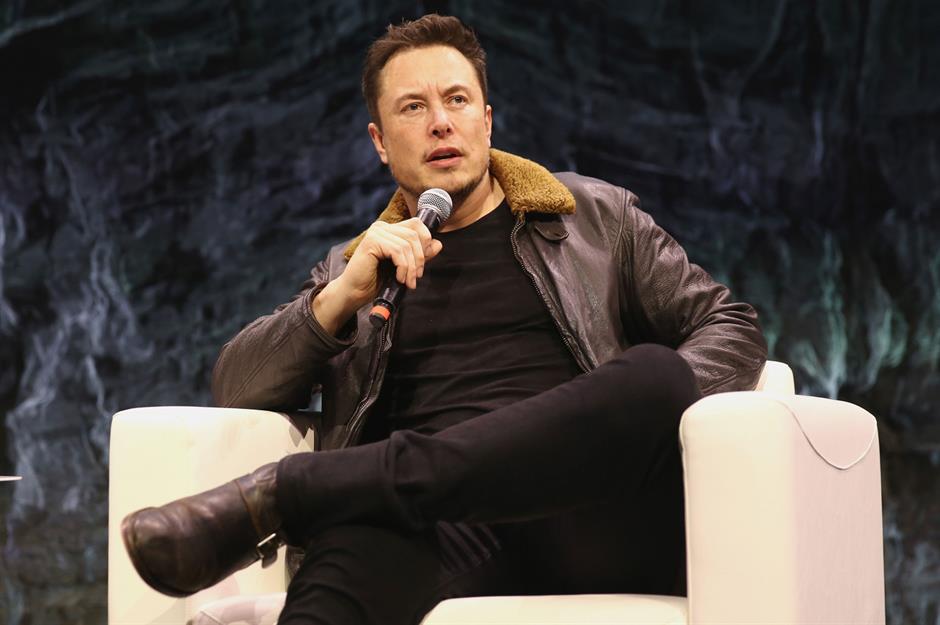
Within the US, there are numerous states that could be considered tax havens, and these tend to be a magnet for the super-rich too. Elon Musk, for example, moved his primary residence from California to no-income tax state Texas last year to avoid paying the Golden State's high rates, while other billionaires like Jeff Bezos have also elected to reside in a state that doesn't collect state-level income tax, in his case Washington.
Using tax havens and shell companies

Incorporating
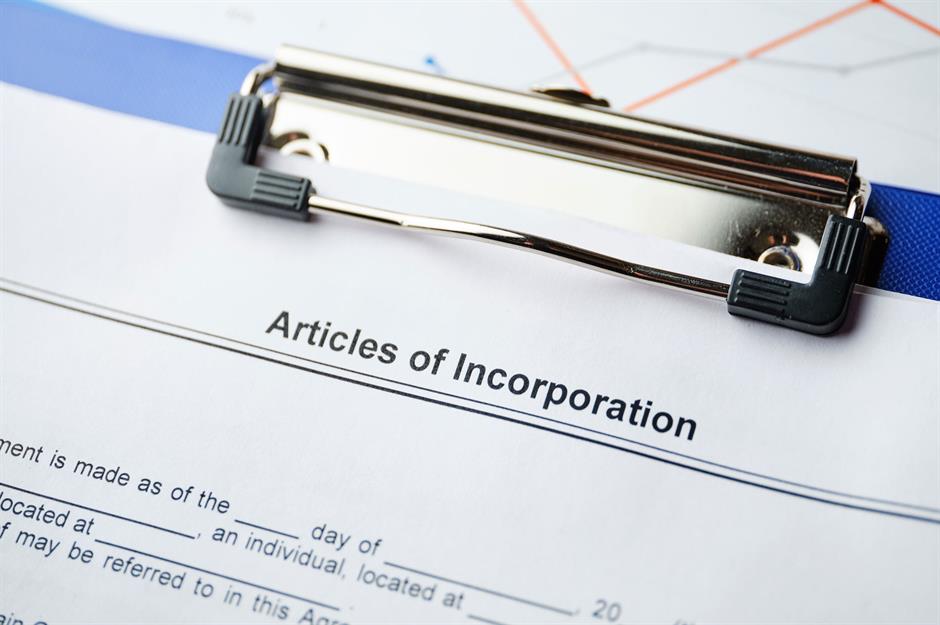
Sponsored Content
Incorporating
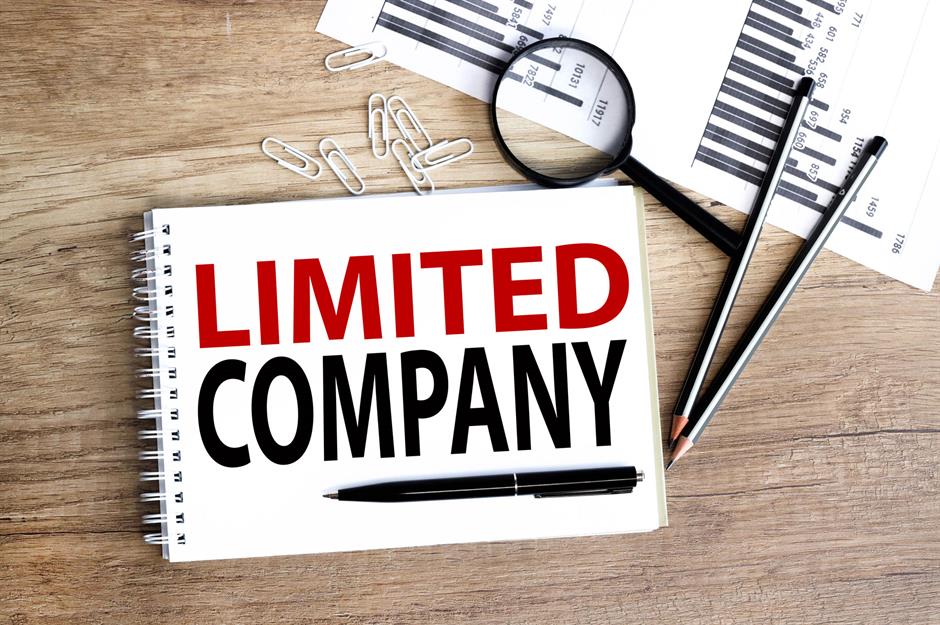
Incorporating
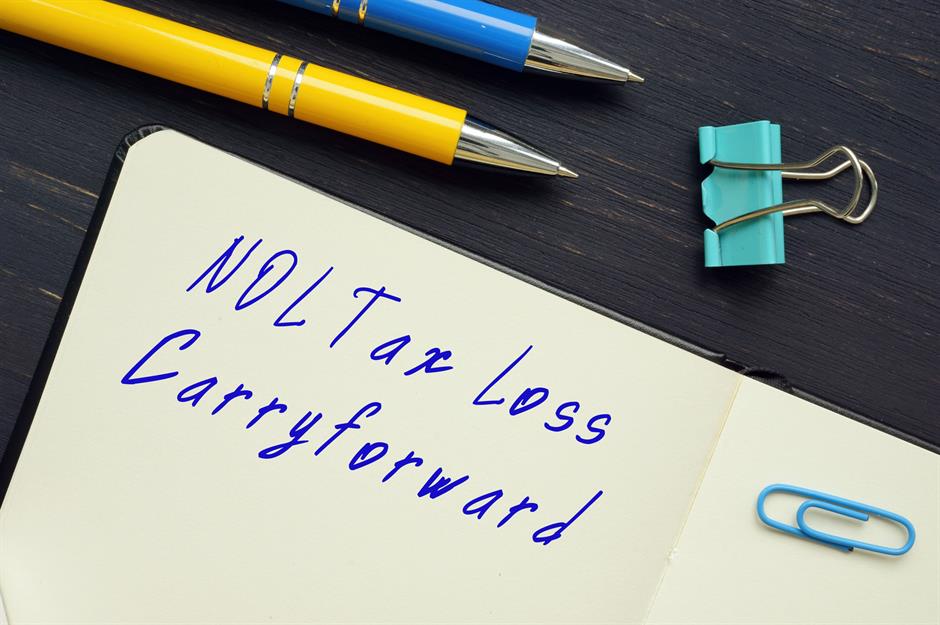
Other advantages include being able to claim out of pocket expenses which, as we've found out, can go a long way toward offsetting tax and diminishing a big bill, as well as having the option to carry losses forward. This can also work wonders on the amount of tax an entity pays over the course of its existence.
Now discover the big American businesses that went bankrupt during the pandemic
Donating to charity

Sponsored Content
Donating to charity
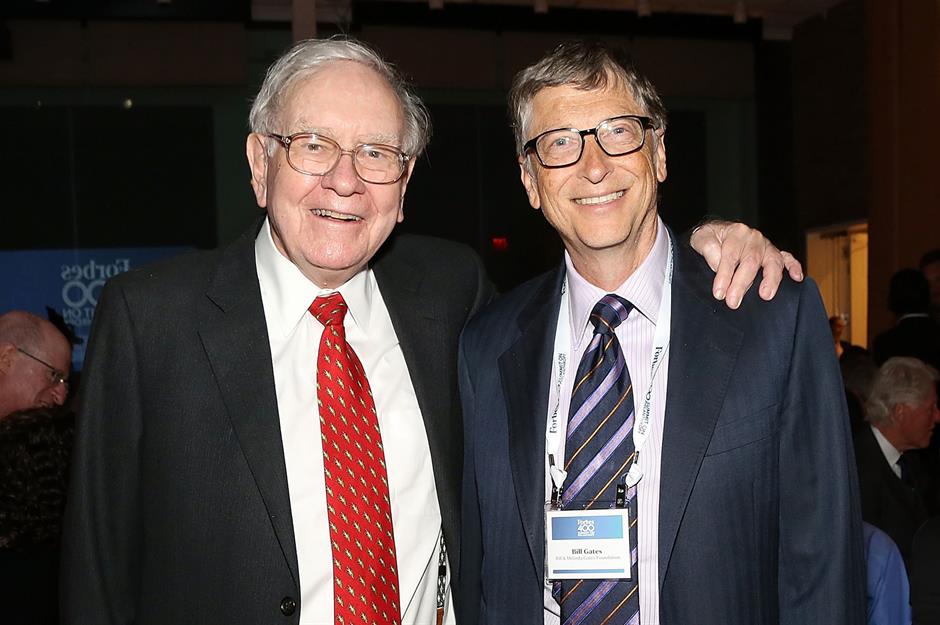
Donating to charity

Deploying the buy, borrow, die strategy
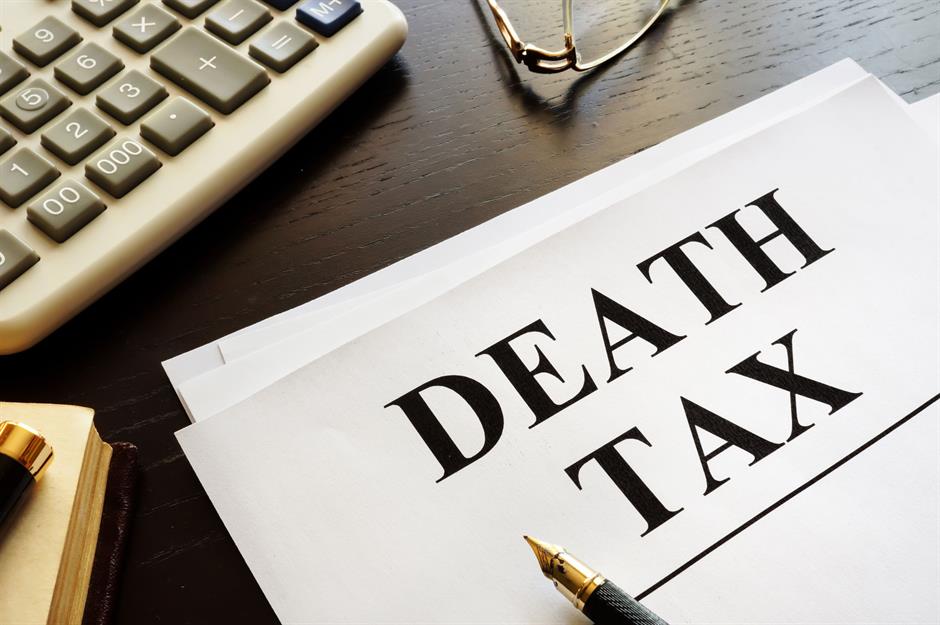
Sponsored Content
Deploying the buy, borrow, die strategy
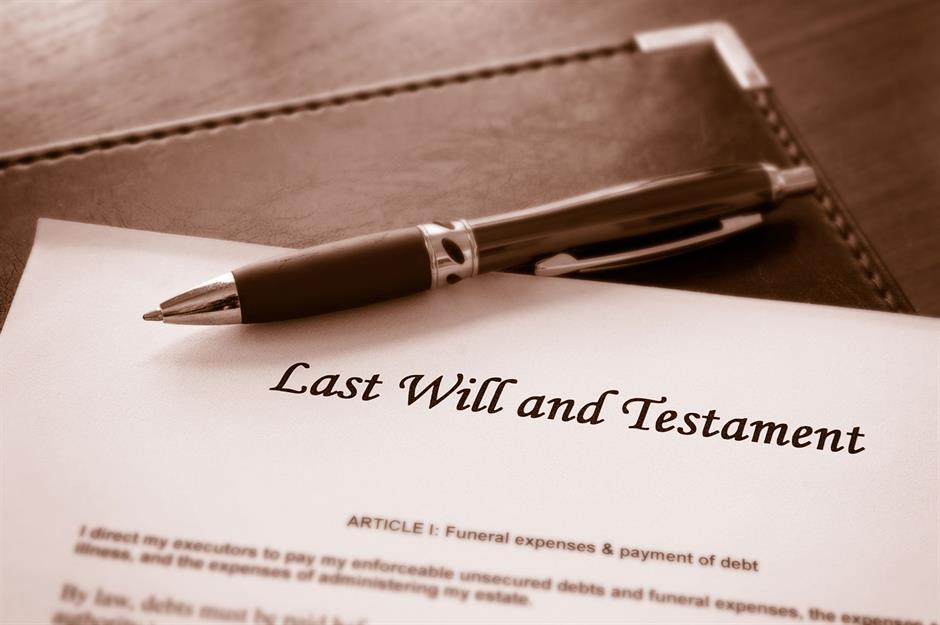
As outlined earlier, they can then borrow against these assets to fund their lifestyle, using them as collateral, and claim on any interest payments the loans incur, and therefore avoid capital gains taxes. When they die, the estate is passed on to their heirs. Any money borrowed that hadn't been spent would have been put into complex trusts, which are tax-free, while the loans are finally paid off using the appreciated assets.
Deploying the buy, borrow, die strategy

Thanks to what is called the step-up in basis loophole, the sold assets are taxed based on their value at the donor's death, not their original value. For example, if a donor bought a property in 1990 for $1 million, which was worth $10 million at the time of their death and the beneficiary goes on to sell it for $10.5 million, only the $500,000 gained after the benefactor's death would be taxed, not the $9 million the asset had appreciated over the years, making for a massive tax saving.
Now read about the states cutting taxes despite the pandemic
Comments
Be the first to comment
Do you want to comment on this article? You need to be signed in for this feature